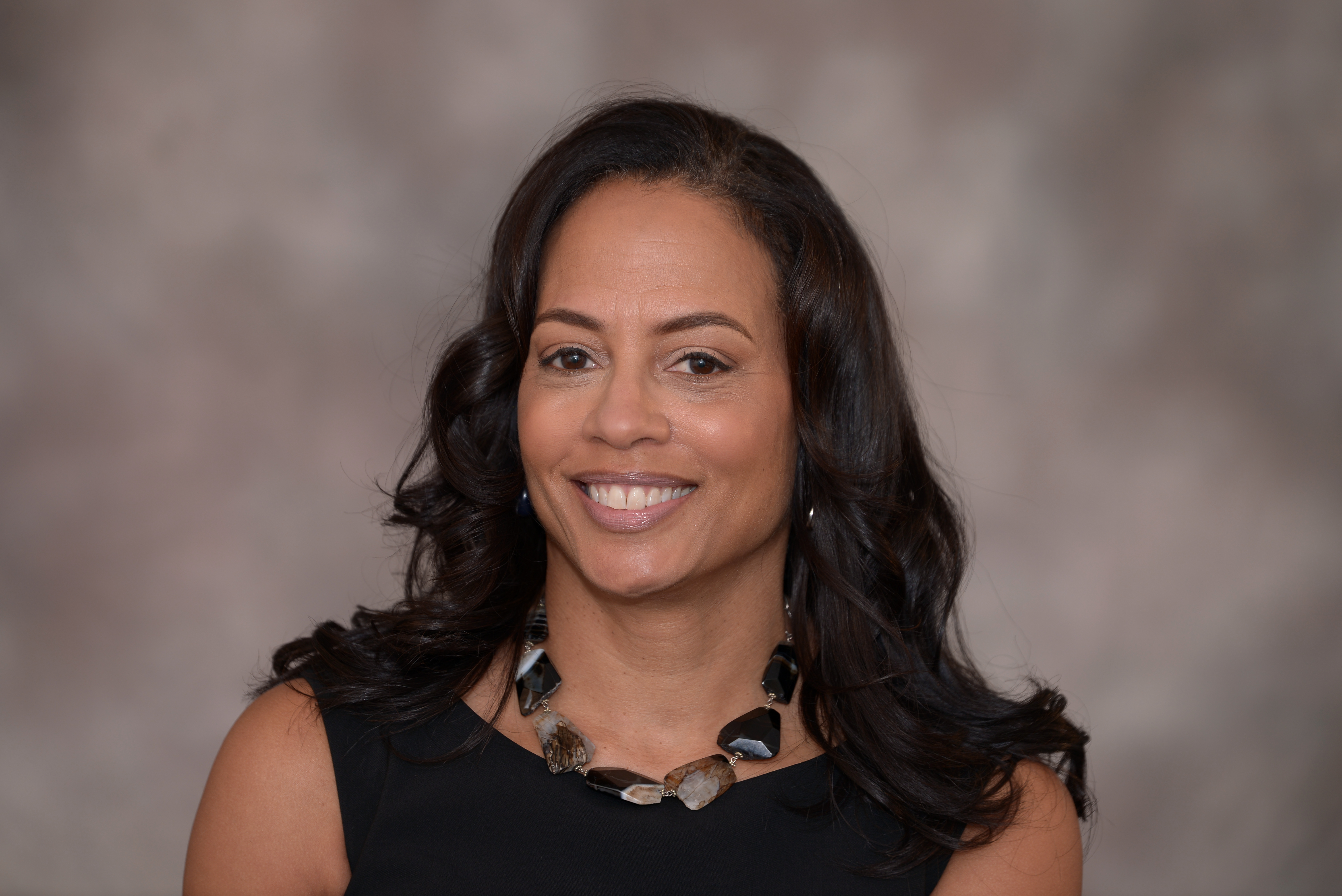Health Advisory Council Newsletter | 2018 Q1 | Member Q&A
 Linda Goler Blount
Linda Goler Blount
President and CEO, Black Women’s Health Imperative
Q. How would you describe the work of the Black Women’s Health Imperative (BWHI)?
A. As President and CEO of the Black Women’s Health Imperative, I have the privilege of leading a very talented staff to realize our bold goal of increasing the number of healthy Black women from 9.5 million to 12.5 million by 2020.
Q. What do you think Council members should know about BWHI?
A. Since 1983, we have been the only national organization dedicated solely to improving the health and wellness of our nation’s 21 million Black women and girls – physically, emotionally and financially. We are working to lead the effort to solve the most pressing health issues that affect Black women and girls in the U.S. Through research, the innovative use of data and analytics, and investments in evidence-based strategies, we deliver bold new programs and advocate for health-promoting policies. We know Black women are inherently resilient and not defined by obesity, disease, or poverty.
Q. What BWHI initiatives would you like to share with the Council?
A. We are working on three major initiatives:
Change Your Lifestyle. Change Your Life. (CYL2) brings lifestyle coaching to women — and men — across the country to teach them how to eat differently and move more. CYL² leads the way in empowering people not only to shed pounds, but to also avoid diabetes, heart disease, and many other chronic conditions. CYL² is part of the National Diabetes Prevention Program, led by the Centers for Disease Control and Prevention (CDC). Our program exceeds all other CDC-funded diabetes prevention programs and we have the most successful outreach program of its kind to reach our target — Black women.
My Sister’s Keeper (MSK) is an initiative that works with Black college women, many of whom attend Historically Black Colleges and Universities (HBCUs), to build leadership skills on advocacy and health policy. We know it is important to invest in amplifying the voices of young women through education, building networks, and grassroots mobilization. MSK provides opportunities for women to come to Washington, DC to meet with Members of Congress and receive training on crafting policy language. We know that these young women will come into their own as the leaders of the future.
Our goal is to:
- Elevate the conversation about reproductive health and domestic violence
- Advocate for policies that keep women safe
- Mobilize women around reproductive rights
BWHI has also launched a major new initiative where we are bringing together national non-profits as well as community-based organizations that work to prevent the spread of HIV/AIDS among Black women. The New Normal will be the first of its kind to change the conversation around HIV, reduce stigma, and empower women to protect themselves and their families
Q. What is BWHI doing to change the way people think about and approach healthcare?
A. Our work is designed to empower women and the way we see ourselves in the health space. Our groundbreaking publication based on 20 years of research, IndexUS: What Healthy Black Women Can Teach Us About Health, changes the dialogue from what’s wrong with Black women, to what we can learn from healthy, emotionally strong and resilient women. It turns out, there’s a lot. We are talking about a fundamental shift in how we approach our work.
Q. What partnerships has BWHI had with NCL?
A. BWHI is proud to work with NCL because we know that an informed health care consumer is an empowered consumer. We also know that messages and information women receive about prevention and treatment can be confusing at best and misleading at worst. We want to make sure that Black women make the best possible decisions about their health, understand what barriers might prevent those decisions, and have access to the resources they need to live their healthiest and happiest lives.
Q. What does BWHI value about membership in NCL’s Health Advisory Council?
A. The members of the Health Advisory Council represent a broad spectrum of health care research, services, and information. Having access to some of the best thinkers and doers in health care has been enormously beneficial to our work. As we look to the future, we’re sure our data analytics coupled with the information the Advisory Council produces will result not only in improved health outcomes for Black women but necessary changes to produce more health-promoting policies at the Federal and State levels.












